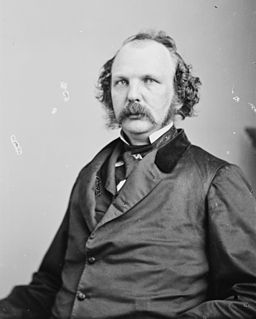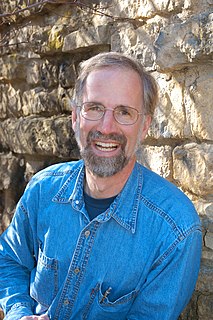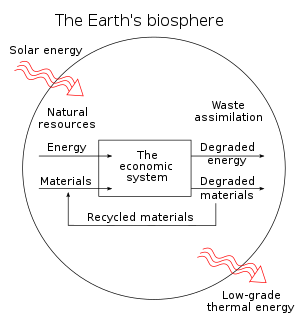A Quote by Jane Addams
Pliable human nature is relentlessly pressed upon by its physical environment.
Quote Topics
Related Quotes
Understanding human nature must be the basis of any real improvement in human life. Science has done wonders in mastering the laws of the physical world, but our own nature is much less understood, as yet, than the nature of stars and electrons. When science learns to understand human nature, it will be able to bring a happiness into our lives which machines and the physical sciences have failed to create.
Nature is man's inorganic body -- that is to say, nature insofar as it is not the human body. Man lives from nature -- i.e., nature is his body -- and he must maintain a continuing dialogue with it is he is not to die. To say that man's physical and mental life is linked to nature simply means that nature is linked to itself, for man is a part of nature.
At a time when threats to the physical environment have never been greater, it may be tempting to believe that people need to be mounting the barricades rather than asking abstract questions about the human place in nature. Yet without confronting such questions, it will be hard to know which barricades to mount, and harder still to persuade large numbers of people to mount them with us. To protect the nature that is all around us, we must think long and hard about the nature we carry inside our heads.
In contrast to our own social environment which brings out different aspects of human nature and often demonstrated that behavior which occurs almost invariably in individuals within our society is nevertheless due not to original nature but to social environment; and a homogeneous and simple development of the individual may be studied.
It is critical to realize that underlying the extermination of nature is the marginalization of human beings. If we are to save what is wild, what is irreparable and majestic in nature, then we will ironically have to turn to each other and take care of all the human beings here on Earth. There is no boundary that will protect an environment from a suffering humanity.
The sciences that purport to treat of human things -- the new scientific storyings of the social, the political, the racial or ethnic, and the psychic, nature of human beings -- treat not of human things but mere things, things that make up the physical, or circumstantial, content of human life but are not of the stuff of humanity, have not the human essence in them.
There is not, in fact, any such thing as the direct influence of one human being on another apart from use of the physical environment as an intermediary. A smile, a frown, a rebuke, a word of warning or encouragement, all involve some physical change. Otherwise, the attitude of one would not get over to alter the attitude of another.
The laws of thermodynamics restrict all technologies, man's as well as nature's, and apply to all economic systems whether capitalist, communist, socialist, or fascist. We do not create or destroy (produce or consume) anything in a physical sense- we merely transform or rearrange. And the inevitable cost of arranging greater order in one part of the system (the human economy) is creating a more than offsetting amount of disorder elsewhere (the natural environment).




































